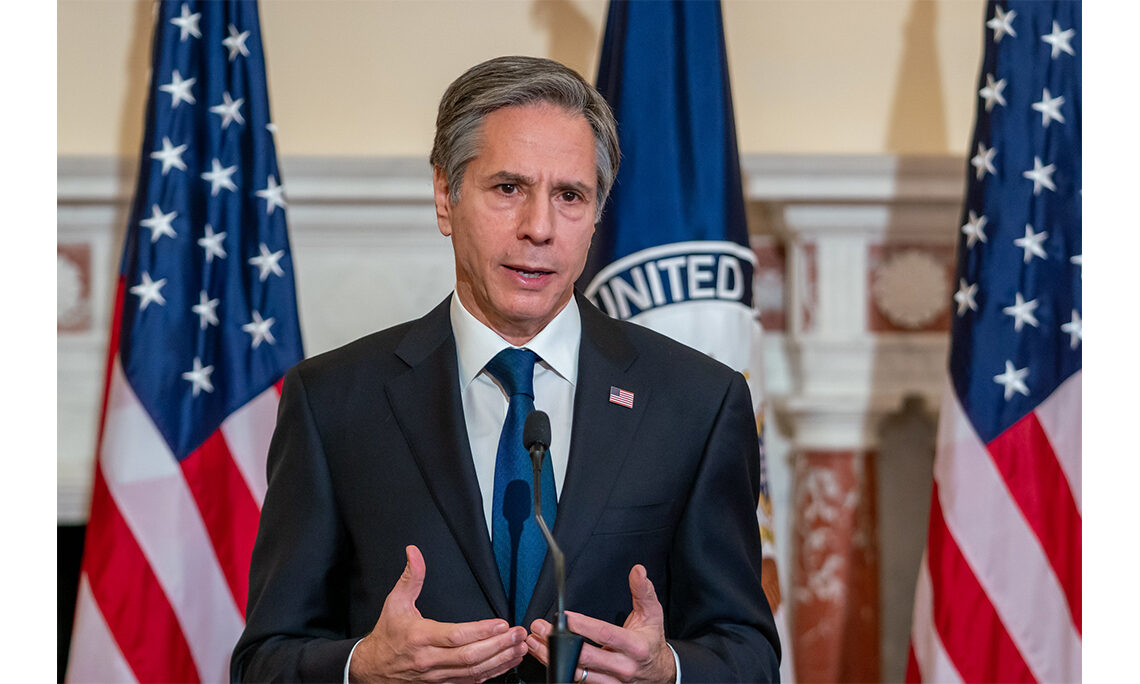The US government formally closed down its central agency responsible for tracking and countering foreign disinformation, which has drawn serious alarm from security experts as well as legislators. Previously called the Global Engagement Center (GEC), the office was key to identifying propaganda and manipulation tactics used by aggressive foreign powers, especially Russia, China, and Iran. The action, which was announced by Secretary of State Marco Rubio, follows heightened concerns regarding the proliferation of online disinformation leading up to major world elections.
The move is due to allegations that the center had deviated from its initial purpose, with critics saying it started encroaching on local free speech. Rubio justified the move, saying the unit had become “a censorship tool” abusing more than $50 million every year. Nevertheless, most experts contend the shutdown exposes the US to foreign influence operations and information warfare, particularly at such politically charged times.
Legislators and analysts caution that the abolition of the GEC would escalate unfiltered digital disinformation. “This is a step in the wrong direction in our struggle against authoritarian disinformation,” commented Senator Chris Murphy. Critics emphasize that rather than shutdown, reforms or openness might have allowed the office to return to its core mission—securing the integrity of information digested by Americans and allies.
The closing of the GEC occurs at a moment when disinformation has never been more powerful or more internationally organized. With enemies creating advanced strategies that make it increasingly difficult to distinguish news, opinion, and lies, fear abounds that the gap created by this shutdown will soon be filled with hostile narrative. The long-term impacts on national security and public trust are yet to come.









